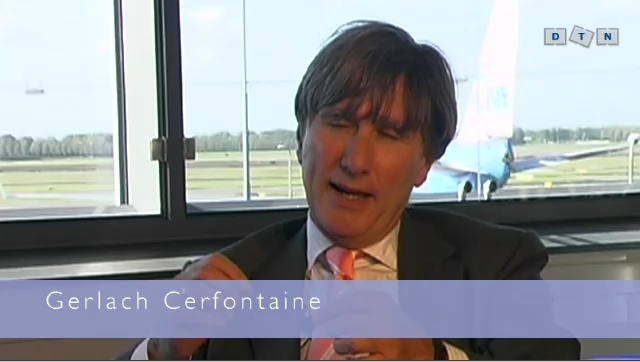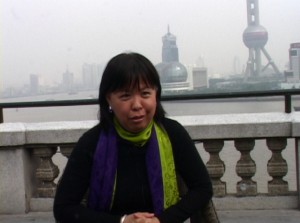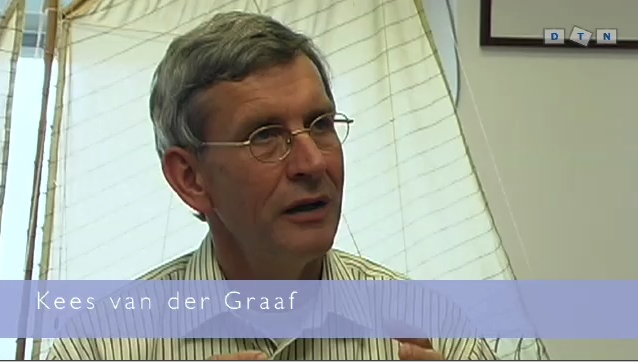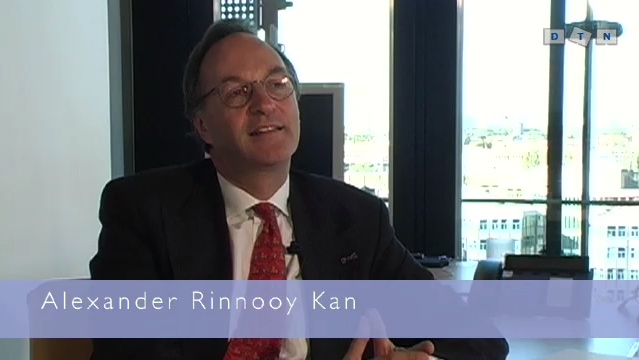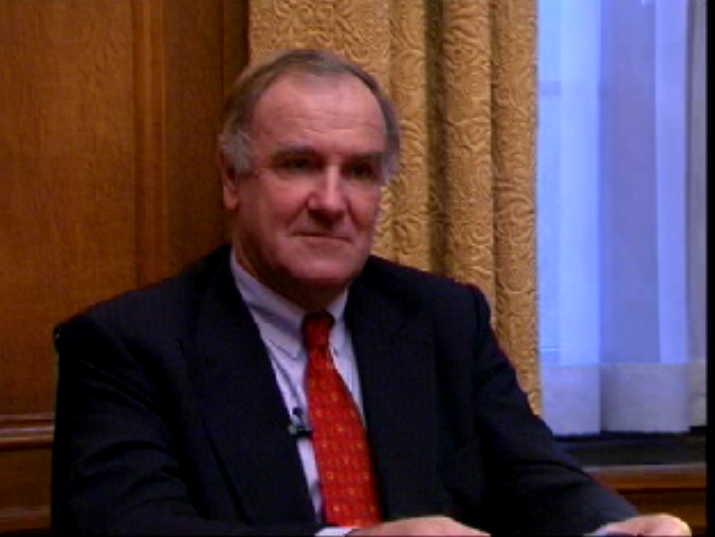Future of Cities list of experts recorded between 2004-2007
______________________________________________________________________________________________________________________________________________________
Yvo de Boer – Head of the UN Climate Bureau (UNFCCC), Germany
Invest in the future or invest in legacy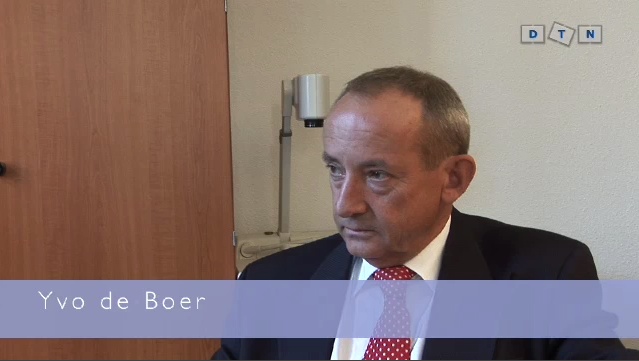
“The most important challenge is not to focus on how to manage the threats of today. I think the challenge is far more to see how you can grasp the opportunities of the future.” Yvo de Boer argues that sustainability issues should be addressed in terms of a framework of fifty years into the future. Since investments last for decades, it is very important to look not only at their impacts in the near future, but also at their effects over the lifetime of the investment.
______________________________________________________________________________________________________________________________________________________
Roelf de Boer – Former Deputy Prime Minister Netherlands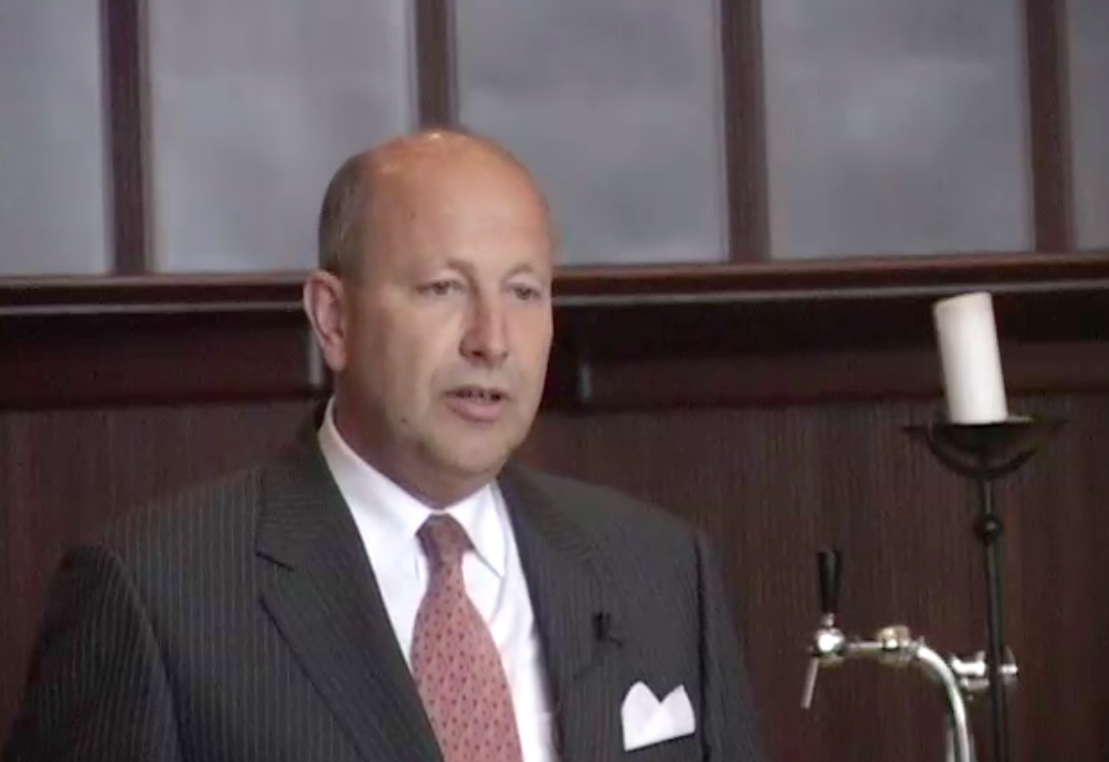
Our challenge is to re-invent Rotterdam. The city has done that before, after the Second World War, when the city lost its heart: we rebuild our city centre, and we rebuild our strength and self-confidence. We must stimulate ways for citizens to participate and contribute.
______________________________________________________________________________________________________________________________________________________
Gerlach Cerfontaine – CEO, The Schiphol Group, The Netherlands
Gerlach Cerfontaine is looking for a new way of thinking. He is searching for a way of thinking that creates energy and makes collaboration easy; a way of thinking that creates flows in the region. “The creation of such a process,” says Cerfontaine, “that is a the heart of governance, and that is the challenge for our future.”
______________________________________________________________________________________________________________________________________________________
David Chang – CEO Philips China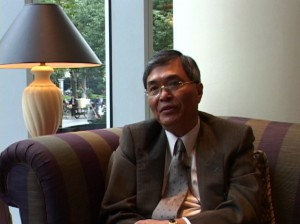
Rotterdam and Shanghai can be a great team together. China is developing from a producer to a consumer economy. This means growth of Chinese brands that will be looking to expand globally. There are opportunities for Holland and Rotterdam here.
______________________________________________________________________________________________________________________________________________________
Joan Clos – Mayor of Barcelona, Spain
A positive view on immigration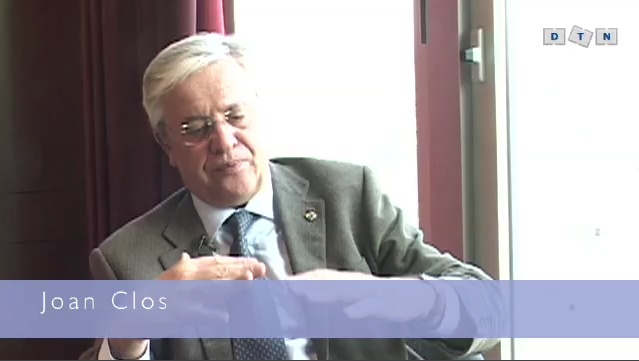
“Raval has 48% immigrants, and it is becoming the fashionable neighborhood of the city.” Joan Clos gives a positive view of immigration in Barcelona. Because of the low fertility rate and high job vacancies, immigrants are vital for Barcelona. The average level of education among the immigrant community is even slightly higher now than it is for the local population.
______________________________________________________________________________________________________________________________________________________
FOONG Wai Fong – Author Megatrends Asia
China is currently experiencing rapid economic development. Shanghai is a little bit the showcase of what is to come. To give you a sense of scale, the financial district of Shanghai is as big as the entire city of Singapore. The Shanghai population is currently 16 million and there are cities in China that hold 30 million inhabitants.
There are two issues that come to mind with the rise of China. The first is the challenge of spreading the wealth from the coastal cities to the countryside. Imagine if we would catch up with car ownership to that in the US. This would mean a doubling of the number of cars in the world. The environmental consequences would be potentially unthinkable.
______________________________________________________________________________________________________________________________________________________
Joel Garreau – Washington Post
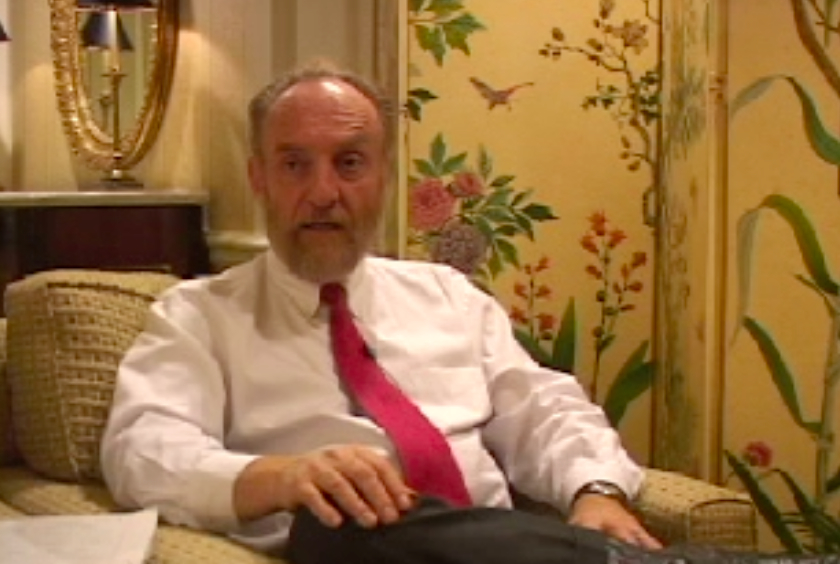 The development of cities is strongly dependent on the development of different modes of transportation. Shipping furthered international trade en helped ports to grow. The arrival of trains meant that cities could spring up in what otherwise would be considered backwaters. Now we see that information technology is having an impact on conglomeration. The only reason for conglomeration may very well be face-to-face contact.
The development of cities is strongly dependent on the development of different modes of transportation. Shipping furthered international trade en helped ports to grow. The arrival of trains meant that cities could spring up in what otherwise would be considered backwaters. Now we see that information technology is having an impact on conglomeration. The only reason for conglomeration may very well be face-to-face contact.
______________________________________________________________________________________________________________________________________________________
Kees van der Graaf, CEO, Unilever Europe, The Netherlands
“Do we give our children the example, for the difference we can make?” Kees van der Graaf is worried. People in Holland don’t seem to want to invest time and effort in developing themselves and the community they are part of. But can we blame them? After all, a lot of opportunity for making a difference in the world, has been lost by the generation in power: enough opportunities for setting the right example, making the world a better place, and making some money in the process.
Social responsibility of business
“If you are aware, as a multinational, of the footprint you leave behind, and you care about that footprint, than I don’t think there is an issue”. If a multinational doesn’t act in a sustainable way, it creates its own problems in the future. Kees van der Graaf gives the example of Unilever changing its fishing policies to make sure they won’t be the cause of lack of fish in the sea, which would put them out of business in an important area as well.
______________________________________________________________________________________________________________________________________________________
Eero Holstila – Culminatum, Finland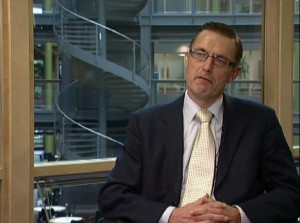
At Culminatum we support closer collaboration between government, educational and academic institutions and business to foster innovation in the Helsinki region. Through Culminatum, the organizational capacity of the Helsinki region is enhanced. Our approach towards enhancing organizational capacity of the region is based on an idea of an Erasmus University scholar. Culminatum makes short lines of communication possible between parties and helps them to hit the ground running.
______________________________________________________________________________________________________________________________________________________
TAN Chin Nam – Permanent Secretary Arts Culture Singapore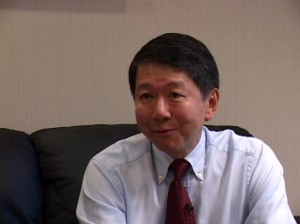
In Singapore we base our economic development on the fact that human capital is the critical resource for a city that wants to be a global city. This means that we actively attract talent with our international talent policy and education policy. Key driver of these policies is the question what business needs to grown. One might think that this might produce resistance on the part of the local population but in the end it is about growing the economic pie for all.
______________________________________________________________________________________________________________________________________________________
Jorgen Randers – Co-author of ‘The limits to growth’ (Club of Rome), Norway (2007)
Technology exists for CO2-free energy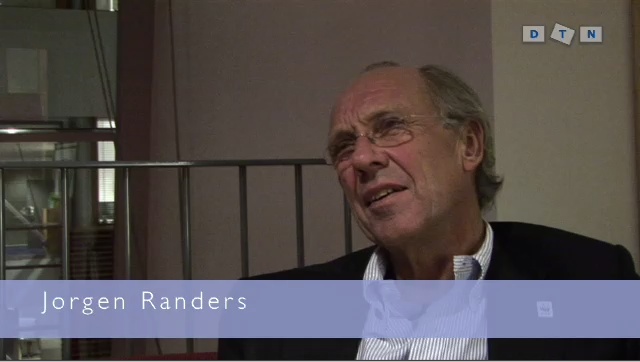
“The technologies already largely exist that will reduce the CO2 emissions from high income countries, without lowering the economic level significantly”. According to Jørgen Randers, the current problems with global warming, in terms of CO2 emissions, are highly solvable. If we combine existing technology in the right way, we can solve CO2 emissions without burdening the economy beyond what it can carry.
In terms of making one’s economy attractive for investment and innovation, be ready to be selective. If you try to be everything for everyone you’ll end up not being able to differentiate yourself enough from the competition. This is true in terms of image as well with respect to true competency development. You need to pick your strengths carefully in a globalising economy.
______________________________________________________________________________________________________________________________________________________
Alexander Rinnooy Kan –The Executive Board, ING, The Netherlands (2004)
“Globalisation assumes that we have a stable world against which this globalisation play is being acted.” Globalisation, Alexander Rinooy Kan observes, has long developed against the backdrop of a world where stability was taken for granted. That is no longer the case and that has its impact on how globalisation develops. This might make it necessary to readjust our positive view of globalisation.
______________________________________________________________________________________________________________________________________________________
Douglas Rushkoff – Author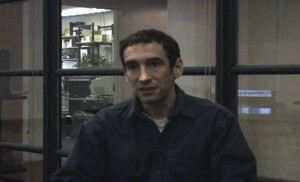
Rotterdam is a city that comes across as super efficient, in tune with the latest design fashion. When you come there for a specific business or academic purpose the city really functions well. But it is not a place where you linger. In a way it is a European version of Los Angeles: there is no real centre and there does not seem to be a central theme to the city that captures its essence.
______________________________________________________________________________________________________________________________________________________
RH Jenny Shipley – Former Prime Minister New Zealand
“If you can make everyone in Rotterdam feel they are a stakeholder in the future, the politics will dissolve as an irrelevancy.” Jenny Shipley argues that the best way to help minority groups to become part of society is to enable them to become stakeholders. She illustrates this using an example from her time as Prime Minister of New Zealand. The government successfully engaged the Maori community in contemporary society through entrepreneurship for Maori women.
Change the world by reinventing yourself
“One of the greatest risks of developed economies, is that because they have been trough a period of constant improvement, it’s hard for them to imagine that that won’t continue to occur”. Asia is rising, says Jenny Shipley, and willing to develop in partnerships with others. But if developed economies don’t react soon, it won’t wait for them. So rather than trusting that things will go on as usual, or developments will happen slowly, it is time for developed economies to reinvent themselves.
______________________________________________________________________________________________________________________________________________________
Ben Verwaayen – CEO British Telecom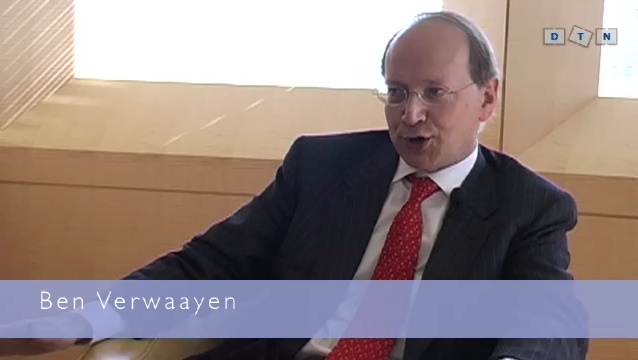
“The real globalisation is that you do not have to move, physically.” Globalisation, and the technologies that make it possible, have changed the economic reality significantly, says Ben Verwaayen. New areas have developed, from needing aid to being a serious business partner or fierce competitor. With a click of the button, we can be anywhere in the world without having to move.
______________________________________________________________________________________________________________________________________________________
Rein Willems – Senator & CEO Shell Netherlands
Rein Willems was President of Shell Nederland from 2003-2007. Since 1969, he has held a number of positions at Shell, with postings in Singapore, Australia, the UK, the Philippines and Brazil. In addition, he was a member of the Executive Committee and the Environmental Committee of the Employers Association VNO-NCW and the Innovation Platform.
______________________________________________________________________________________________________________________________________________________


